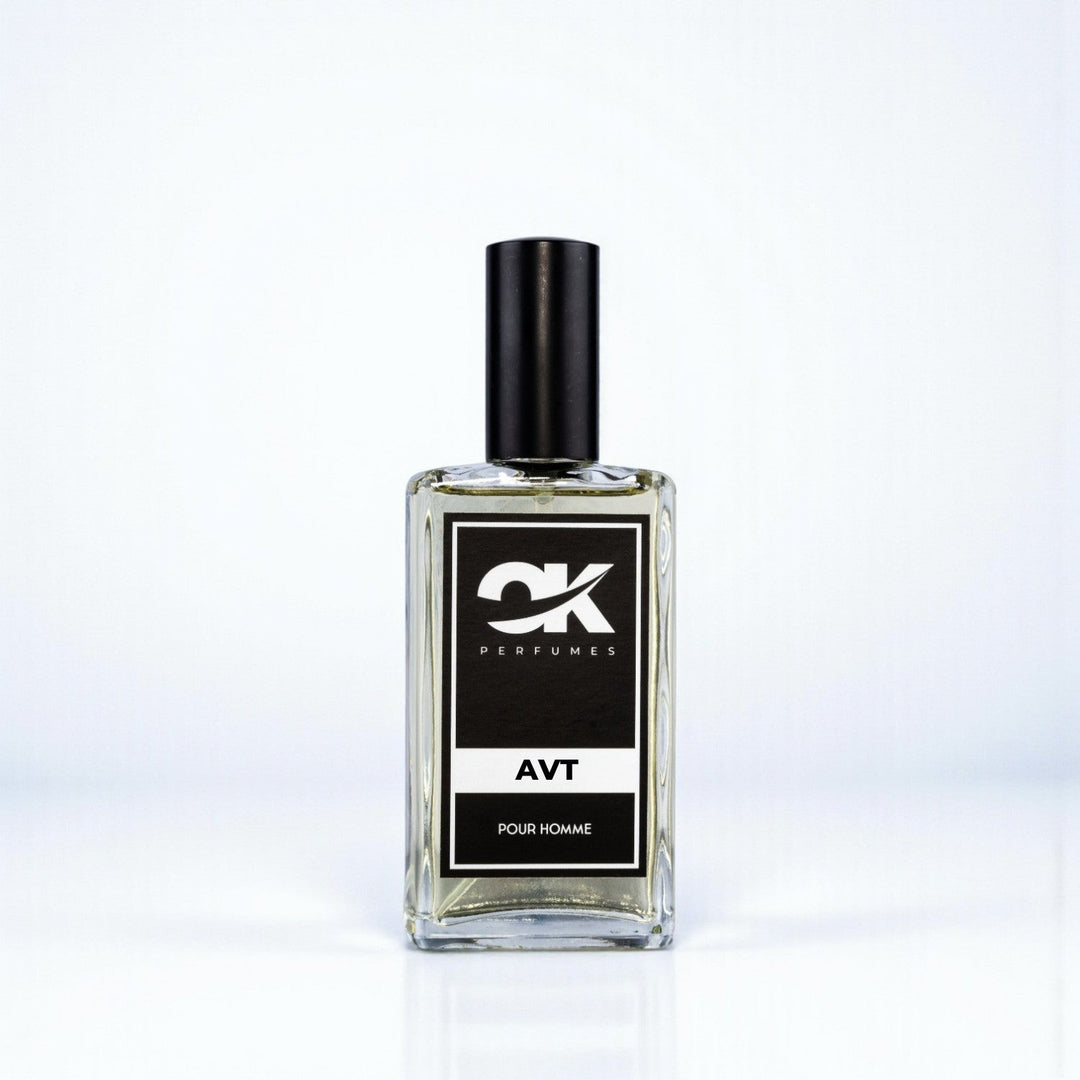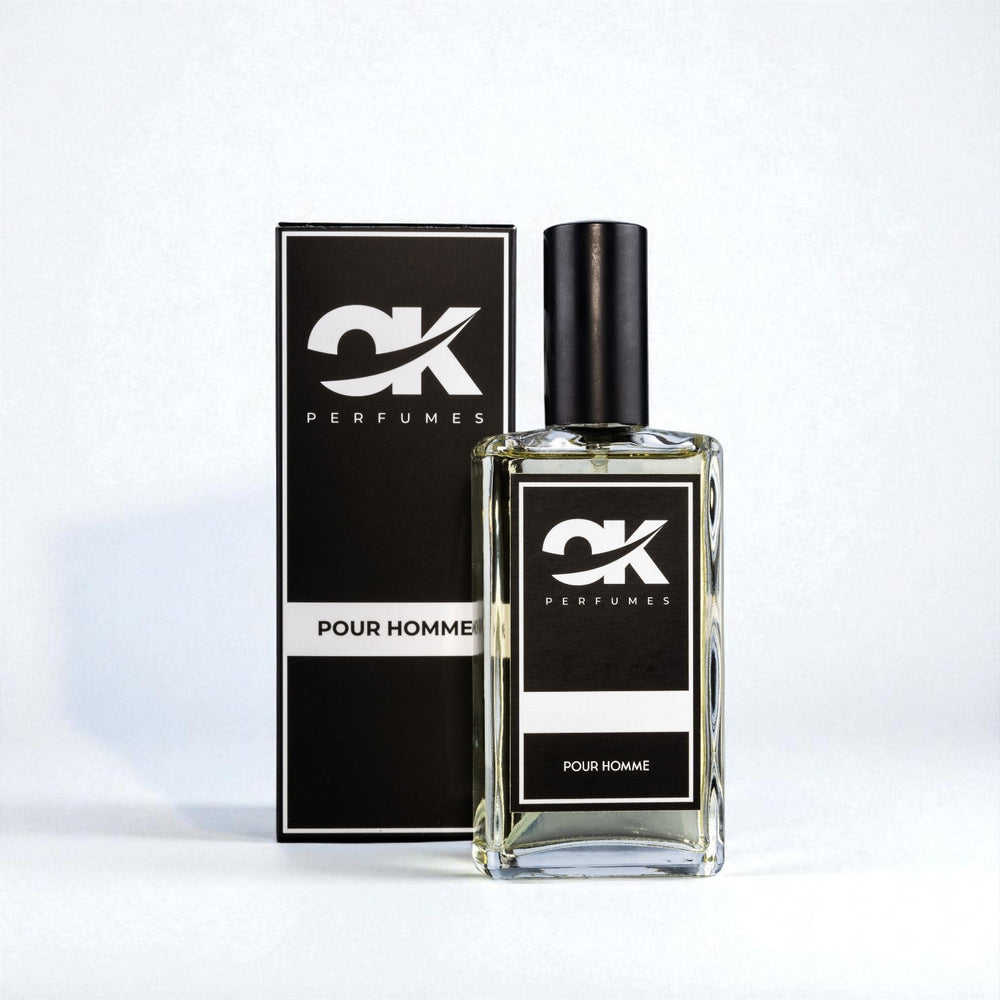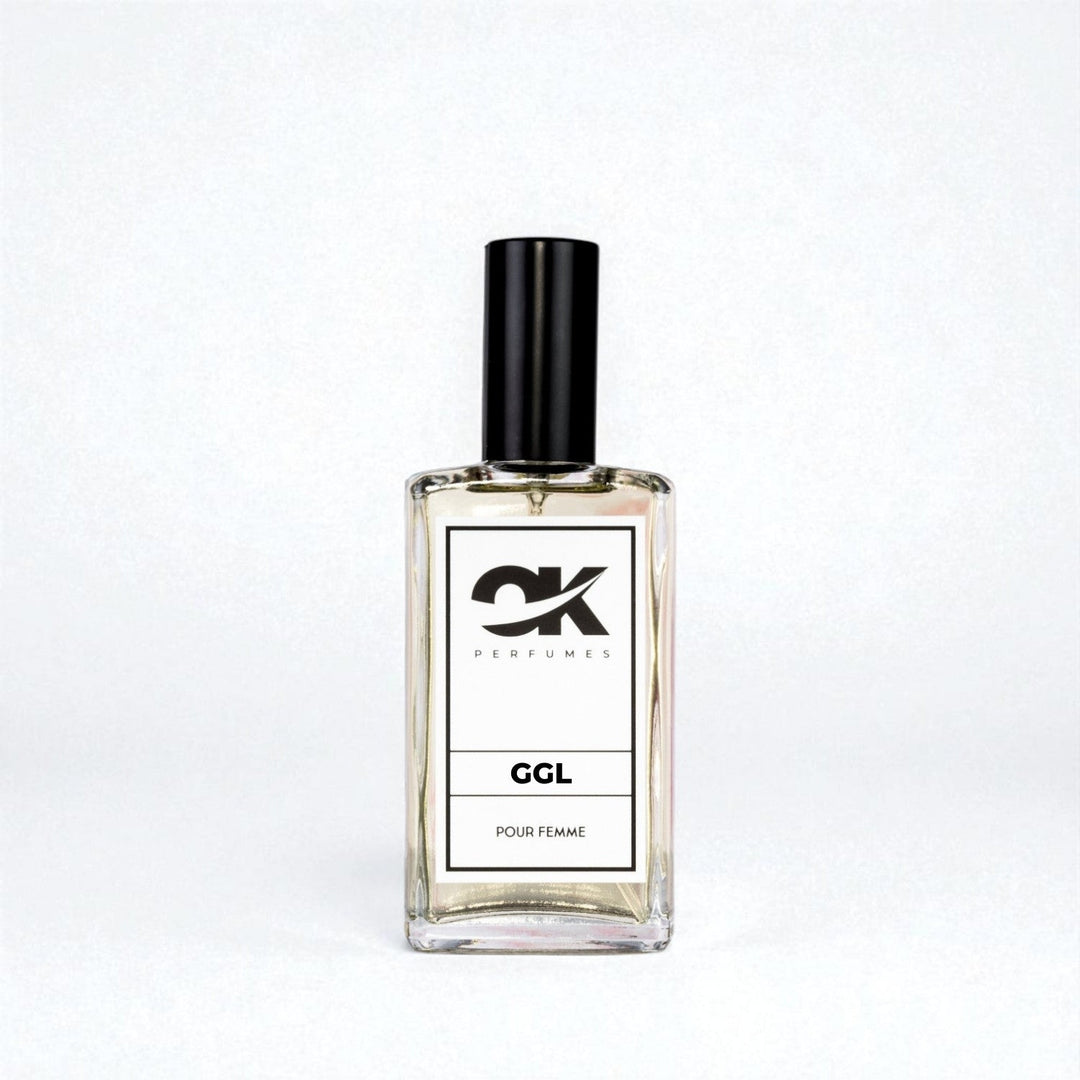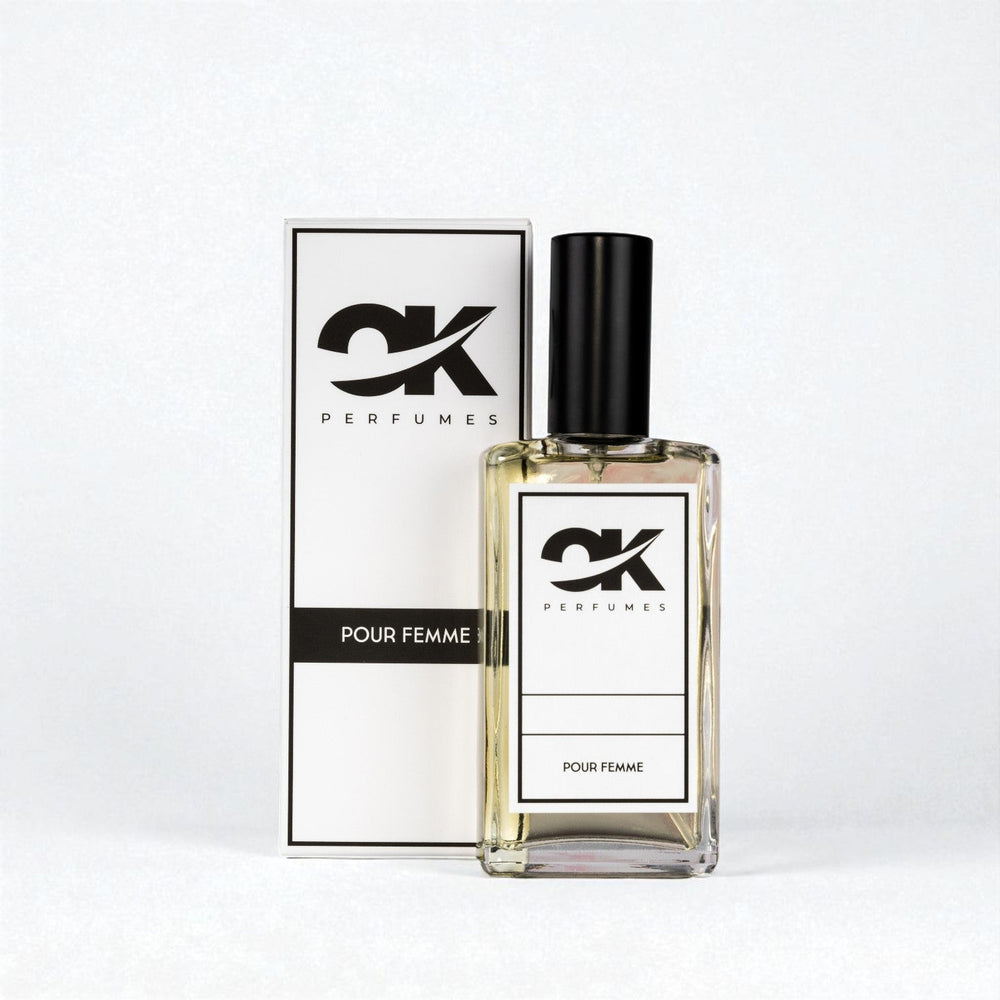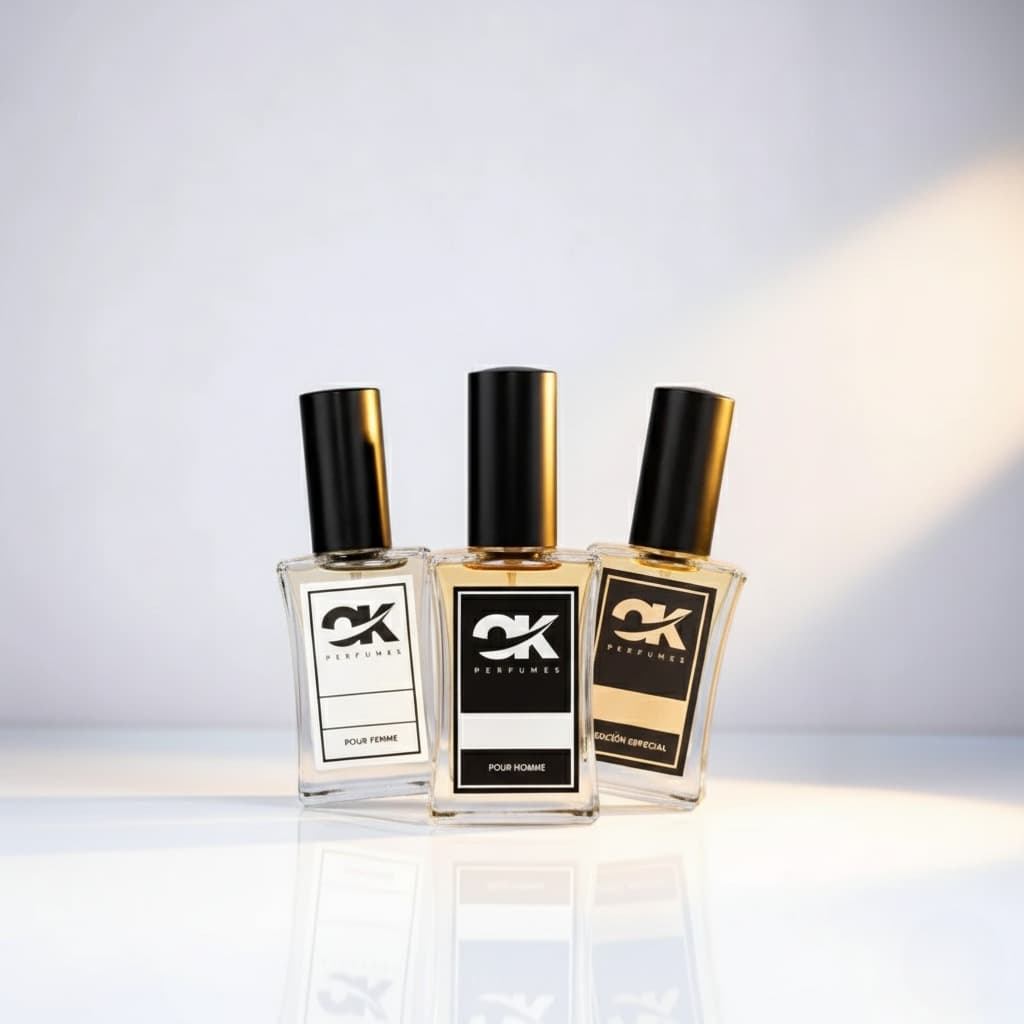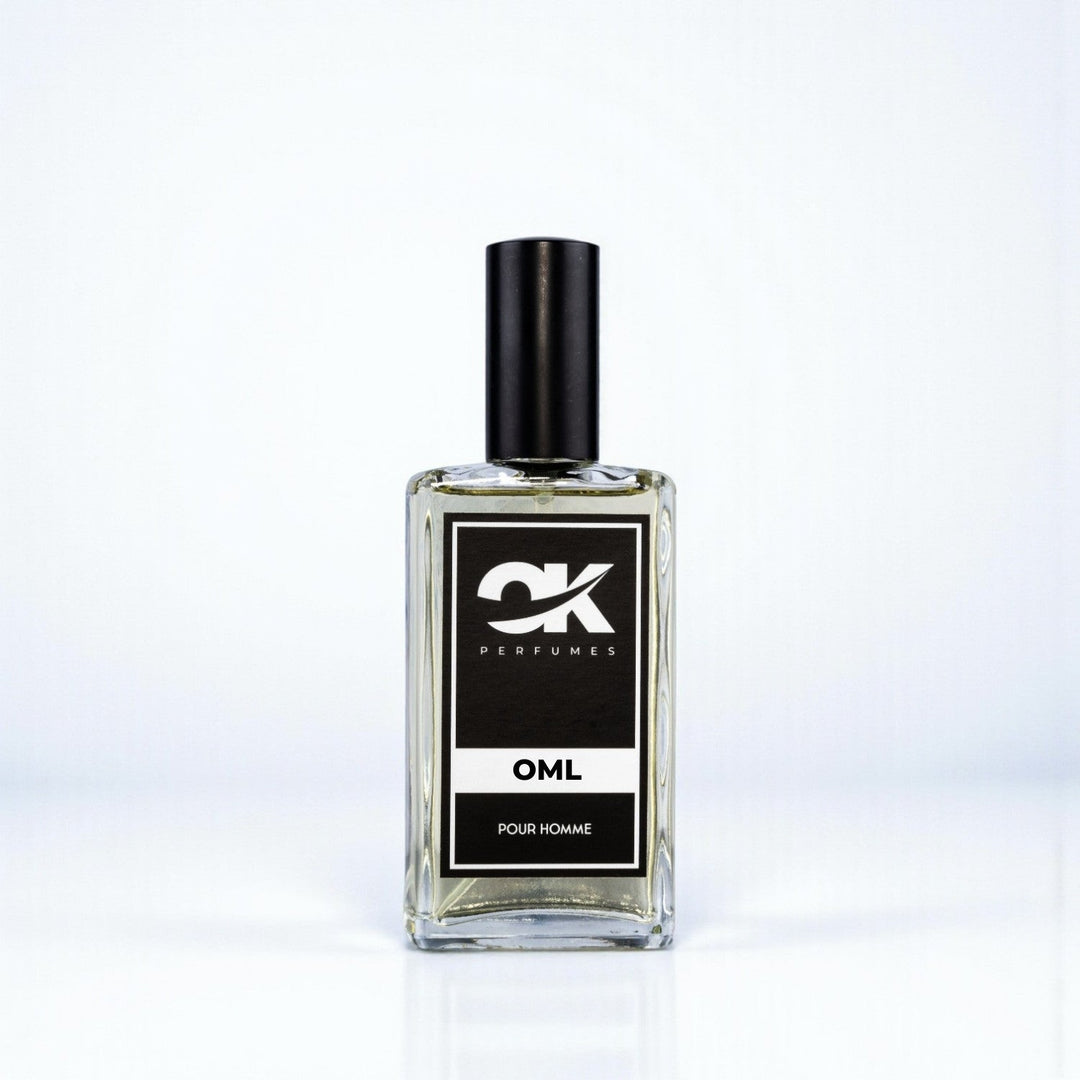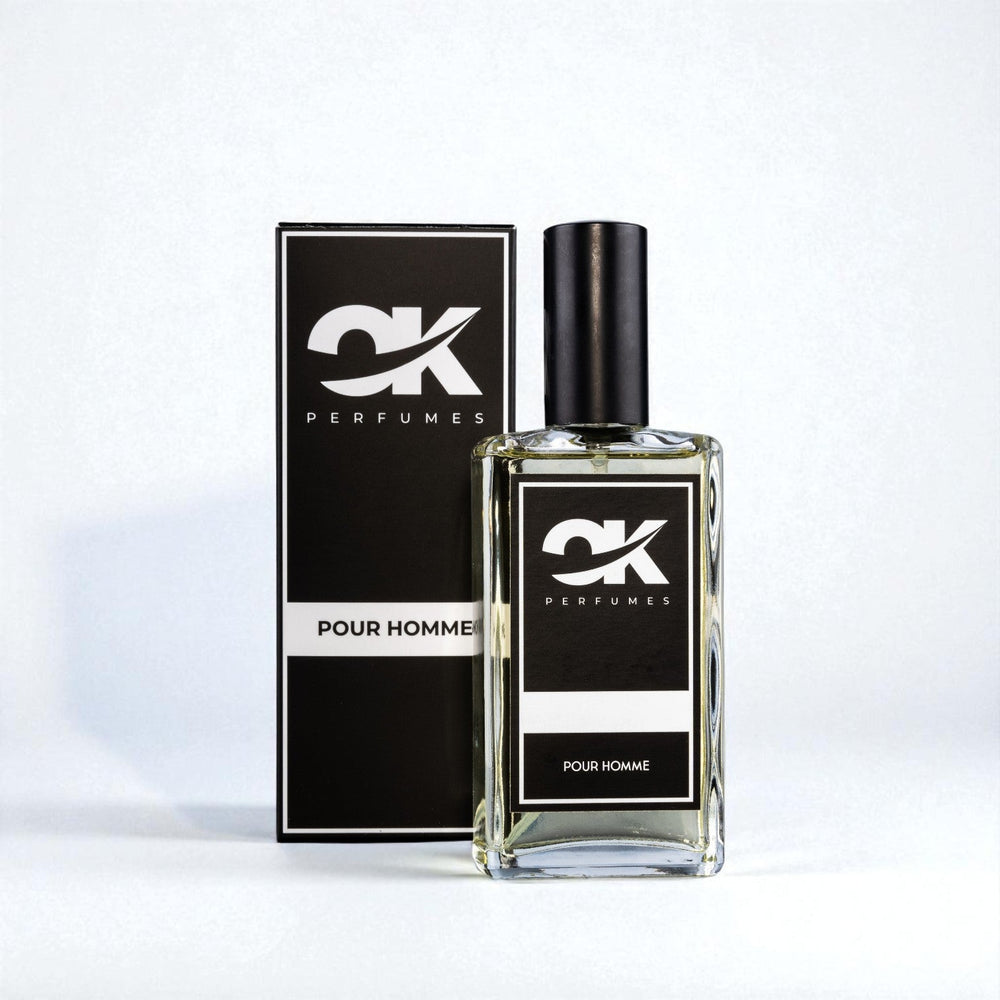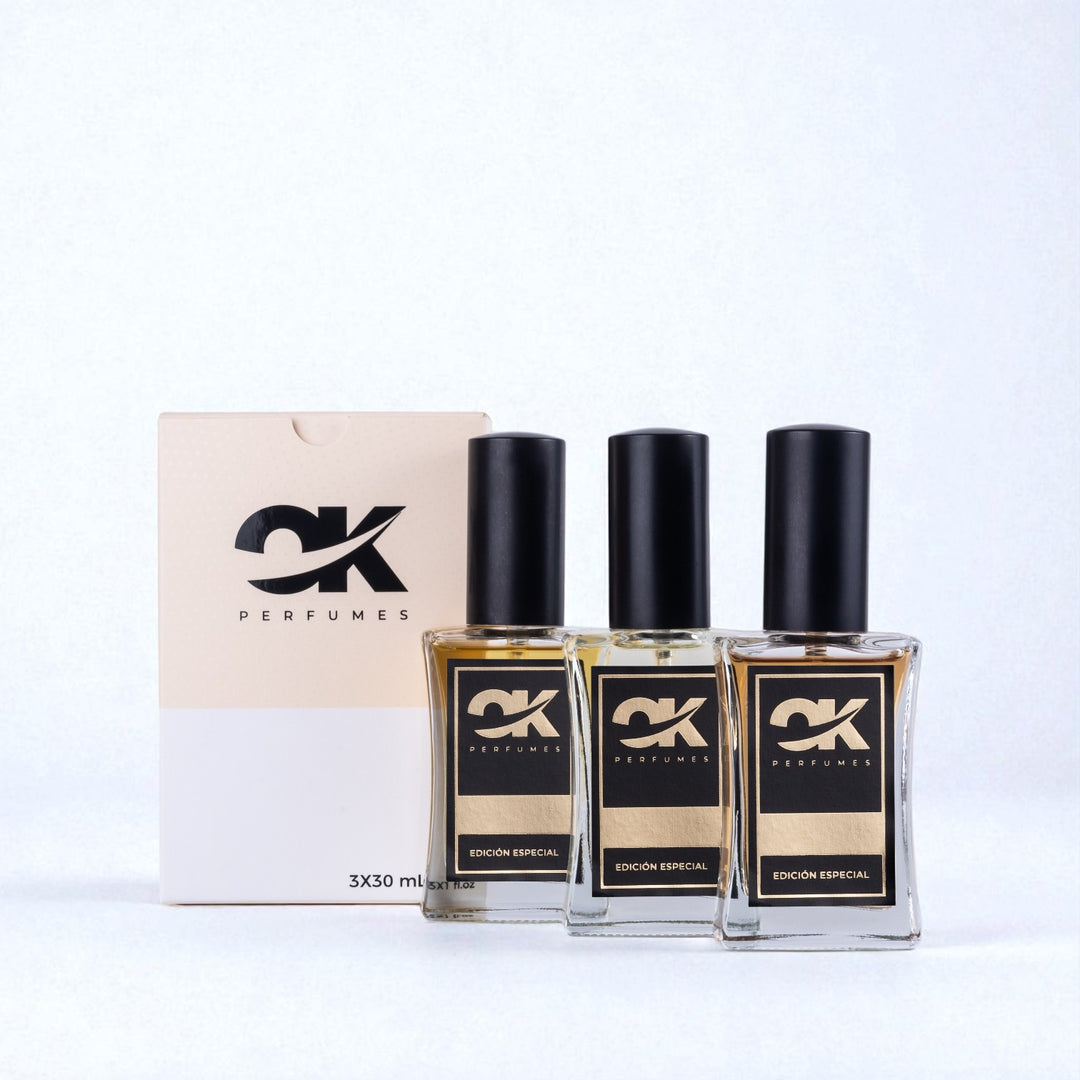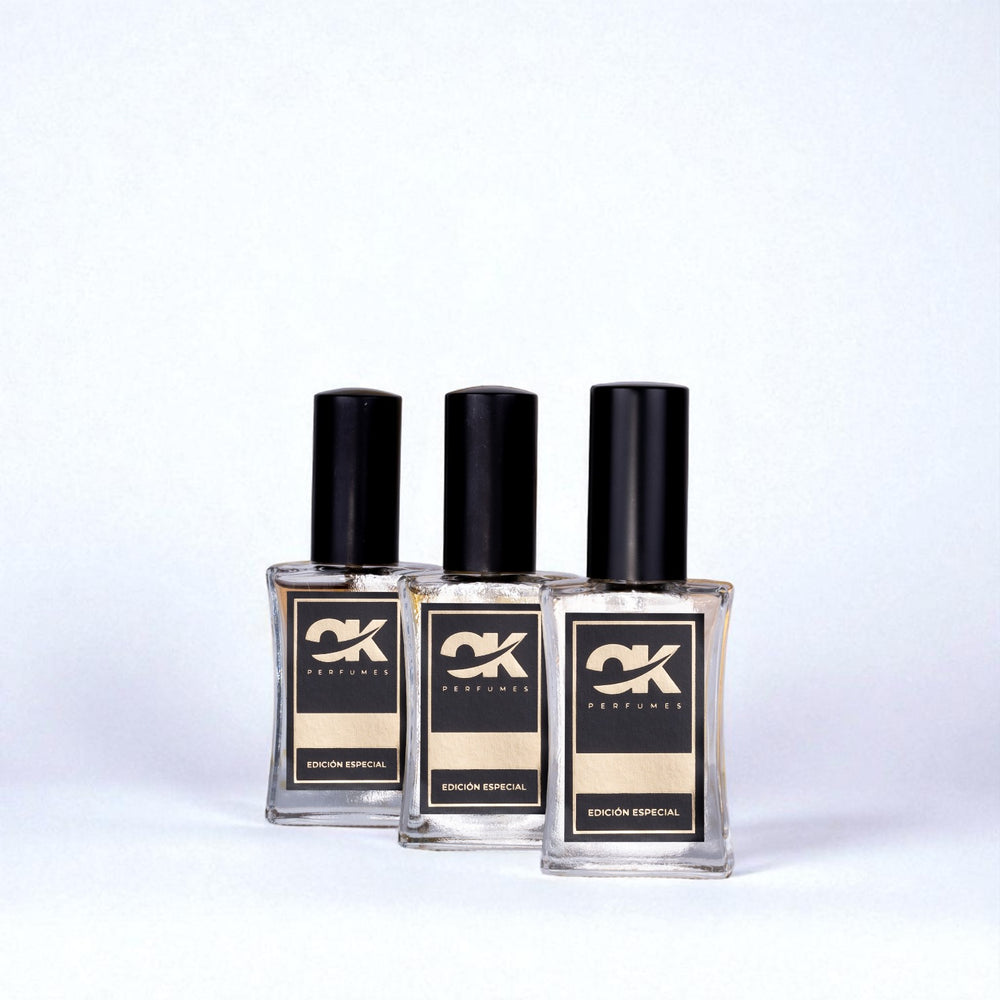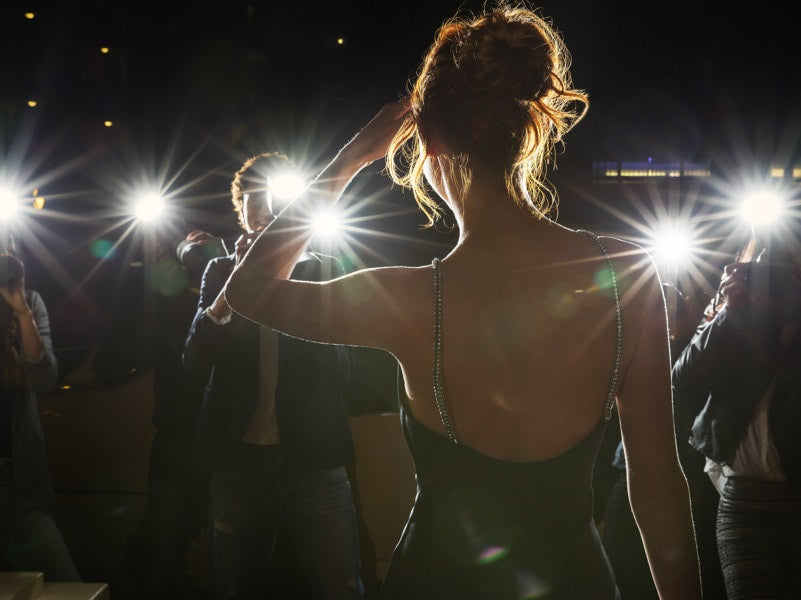The Fascinating History of Perfumery: From Antiquity to Today
Perfumery has been an essential part of human culture throughout history. Since ancient times, the use of fragrances has been linked to religious rituals, beauty practices, and, of course, seduction. In this tour, we'll explore how perfumery has evolved over the centuries and how it has come to define not only personal identity but also become a status symbol. So join us on this journey through time and discover the history of perfumery, from its humble beginnings to the modern world of fragrances, including concepts like the " Millionaire Scent Niche Pack." "and the importance of "equivalence".
The Beginnings of Perfumery: Ancient Civilizations
Perfumery has its roots in the ancient civilizations of Egypt, Mesopotamia, and Greece. These cultures used natural ingredients to create fragrances that served not only as perfumes but also as offerings to the gods and for embalming their dead.
Egypt and the Gods
In Egypt, perfume making was a highly valued science. Ancient Egyptians blended essential oils extracted from flowers, herbs, and spices to create scents that worshipped their gods. The use of incense during religious ceremonies was common and represented a direct connection with the divine.
Mesopotamia and Greece
In Mesopotamia, the use of balms and aromatic oils was part of everyday life. Meanwhile, the Greeks adapted the use of fragrances from their predecessors and began to develop more sophisticated techniques. Cleopatra was said to have been known for her unique scents, which she used to attract Mark Antony.
The Medieval Era and the Renaissance
As time progressed, perfumery spread to Europe during the Middle Ages. With the influence of Arab trade, perfumery knowledge expanded, and products such as alcohol began to be used in the creation of perfumes.
Perfumes as a Means of Healing
In the Middle Ages, the use of scents also played an important role in medicine. Fragrances were considered to have healing properties and were used to purify the air, especially during times of plague.
The Renaissance and the Birth of Industry
During the Renaissance, perfumery transformed into an art form. Prominent figures, such as René-Maurice Gattefossé, began to explore aromatherapy and the use of essential oils, paving the way for what we know today as the fragrance industry.
From the 19th Century to the Present: The Evolution of Perfumery
With the arrival of the 19th century, perfumery experienced an explosion of creativity. The invention of petroleum distillation and the first chemical synthesis led to the creation of more complex and accessible fragrances.
The Industrial Revolution
The Industrial Revolution allowed fragrances to be mass-produced, resulting in greater availability of perfumes to the general population. It was at this time that perfumes ceased to be a luxury exclusive to the aristocracy.
The Modern Era
Today, perfumery has reached an unprecedented level of sophistication. The industry has evolved from dedicated artisans to a global market offering everything from luxury fragrances to affordable alternatives. The concept of a " Millionaire Scent Niche Pack" "has gained popularity, where consumers are looking for fragrances that offer a unique experience without the exorbitant price tag.
Aromas in Contemporary Culture
Perfumes today are more than just liquids; they are an extension of the personality of those who wear them. With globalization, perfumery has also embraced cultural diversity, incorporating ingredients from around the world.
Fragrances Alone and Equivalents
The search for equivalents in perfumes has become a trend. Many people are looking for fragrances that are similar to high-end ones but at a more affordable price. This is reflected in the growing supply of equivalents on the market, allowing more people to access their favorite scents.
New Trends in Perfumery
Sustainability has also become a relevant topic within modern perfumery. More and more brands are opting for natural ingredients and responsible production techniques. This extends not only to fragrances but also to product packaging and distribution.
The Future of Perfumery: Innovation and Sustainability
As we move into the 21st century, the future of perfumery promises to be exciting. Technology continues to play a crucial role in the creation of new fragrances and how they are perceived.
Fragrance Personalization
An emerging trend is personalization, where consumers can create their own fragrance tailored to their individual preferences. This opens up new opportunities and experiences in the world of fragrances.
The Role of Perfumery in Mental Health
Furthermore, certain scents have been shown to impact mental health and well-being, leading to an explosion of interest in aromatherapy. Fragrances are now used as a complementary tool in stress and anxiety management.
An Olfactory Journey That Never Ends
The history of perfumery is a reflection of our culture and evolution as human beings. From ancient civilizations to the present day, scents have played a fundamental role in people's lives. Whether you're looking for a " Millionaire's Scent Niche Pack " " or explore the vast range of equivalences available, the world of perfumery remains an ever-changing universe, full of possibilities and discoveries.
So the next time you choose a fragrance, remember that you're choosing a piece of history, a reflection of yourself, and a legacy passed down from generation to generation. Perfumery isn't just an art; it's an experience that transcends time and space.
Take a look at another user's Shopify store by clicking here . Please be aware that this is a promotional link, and we cannot be held responsible for the content of the linked store.




